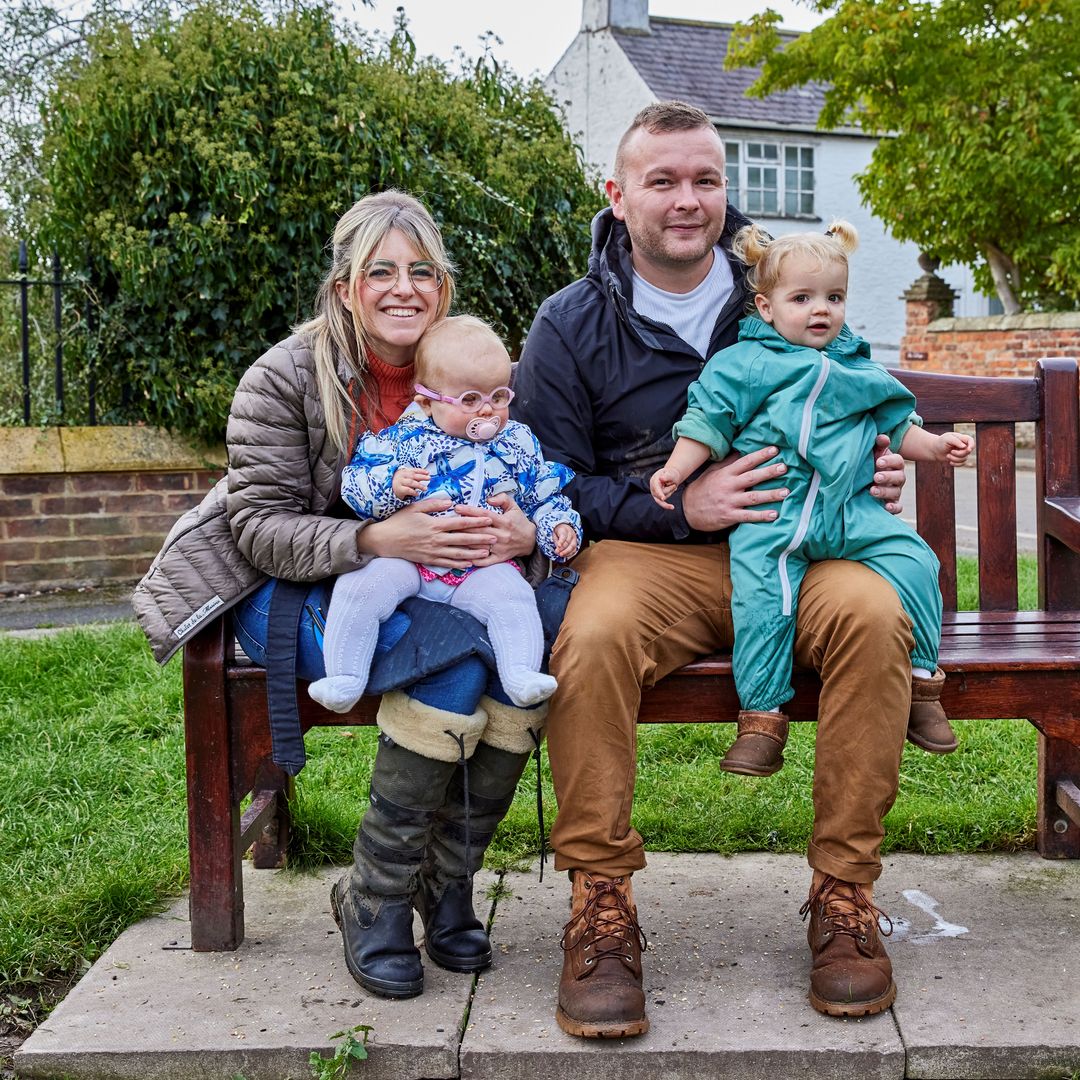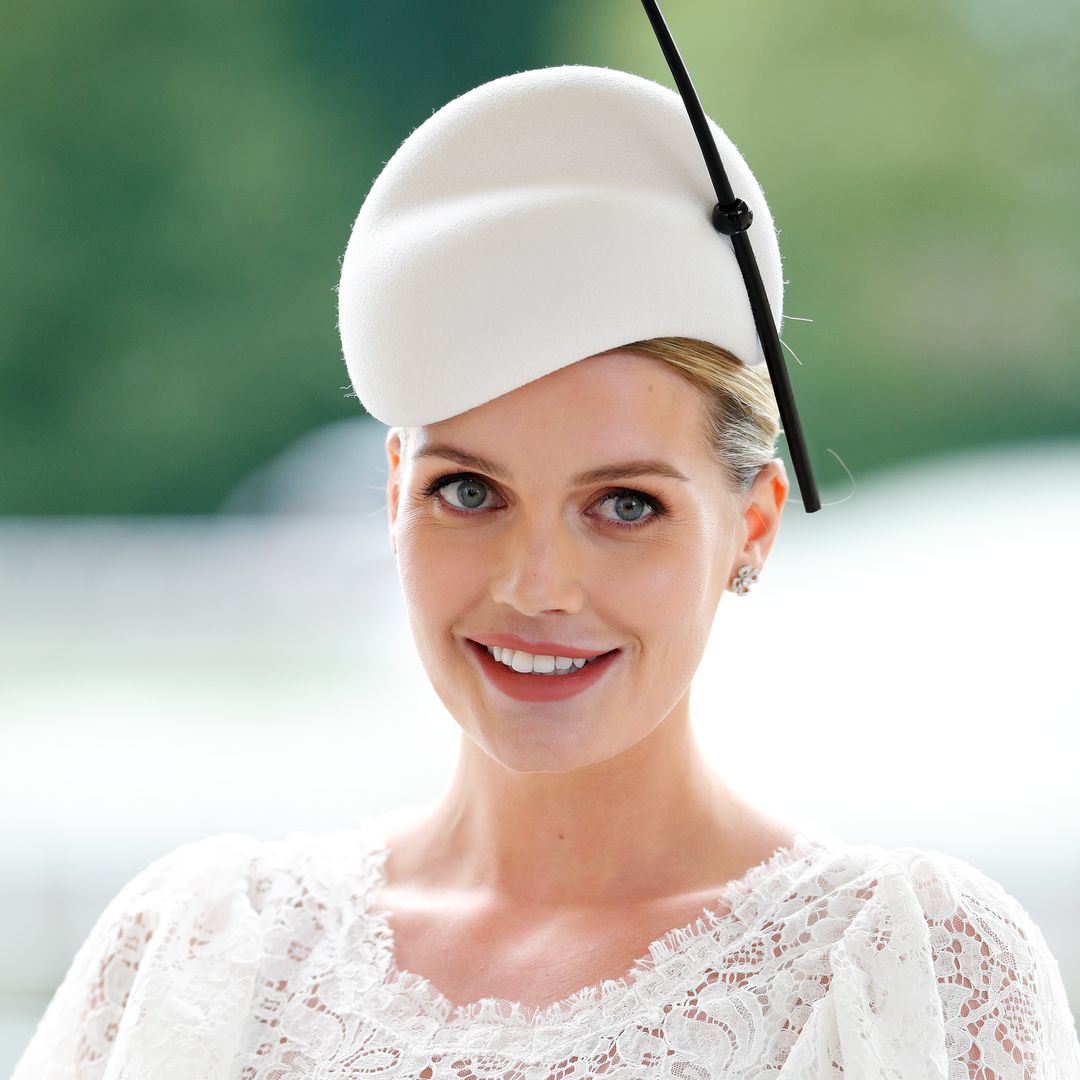Swimming is widely recognised as one of the most beneficial sports, but teaching your child to swim can be difficult, especially if he or she is uncomfortable in water.
One way to prevent this is to introduce them to being in the water at an early age, as babies can begin parent-child swim lessons when they are only a few months old.
Still, in the study Swimming for Babies, physiotherapist Antonio Bretones Fernández (www.efisioterapia.net), concludes, "It's best to wait until the fourth month, since, at that time, the baby's immune system has finished developing, and the possibility for colds and infections like otitis is significantly reduced.
"As the infants are still very small and have not fully developed their physical capacities, it is impossible for them to learn to swim like adults. The same study reveals that “babies at this age are still unable to do all the exercises of the program, but they learn quickly. "Parent-child swim lessons are playful, allowing the babies to learn to relax and enjoy themselves while increasing their sense of security and independence in the water.
Benefits
Several studies have shown that “babies who have been swimming during the first two years of their lives develop a greater sense of their surroundings, and thus are already learning to be more creative and observant. "Additionally, experiences in water allow little ones to better develop their psychomotor skills, because there they can move more freely and begin to understand concepts of distance and movement.
The cardio-respiratory system is also strengthened as the baby exercises his or her heart and lungs.
There are psychological benefits, too. Swimming lessons help babies become more confident and provide them with a sense of relaxation, while the experience also contributes to their socialisation as they pass time in an environment filled with people. Their bonds with parents even grow stronger as together they share new and rewarding experiences.
Choosing a pool
Once parents decide to take their little ones to the pool, it's important to choose a site that is suited for the activity. The water temperature should be no less than 32 degrees Celsius, while chlorine levels should be between 0.5 and 0.6 percent. It's important that the pool be well treated to avoid any possible infections. The surroundings of the pool must also be adequate for children. Toys, mats, balls, and music help create a nice environment that motivates the baby to take part in activities. Another factor to consider is cleanliness. The pool area and changing rooms should be well-equipped and hygienic.
And if the two are far away from each other, parents will have to dry and cover up their children, to avoid catching cold while walking from the pool to the changing area. A pool that meets these conditions is ideal for a baby to experience everything the water has to offer. As Antonio Bretones Fernández says, in such an environment "the baby will be comfortable and won't have any problem pleasantly participating in the class."








